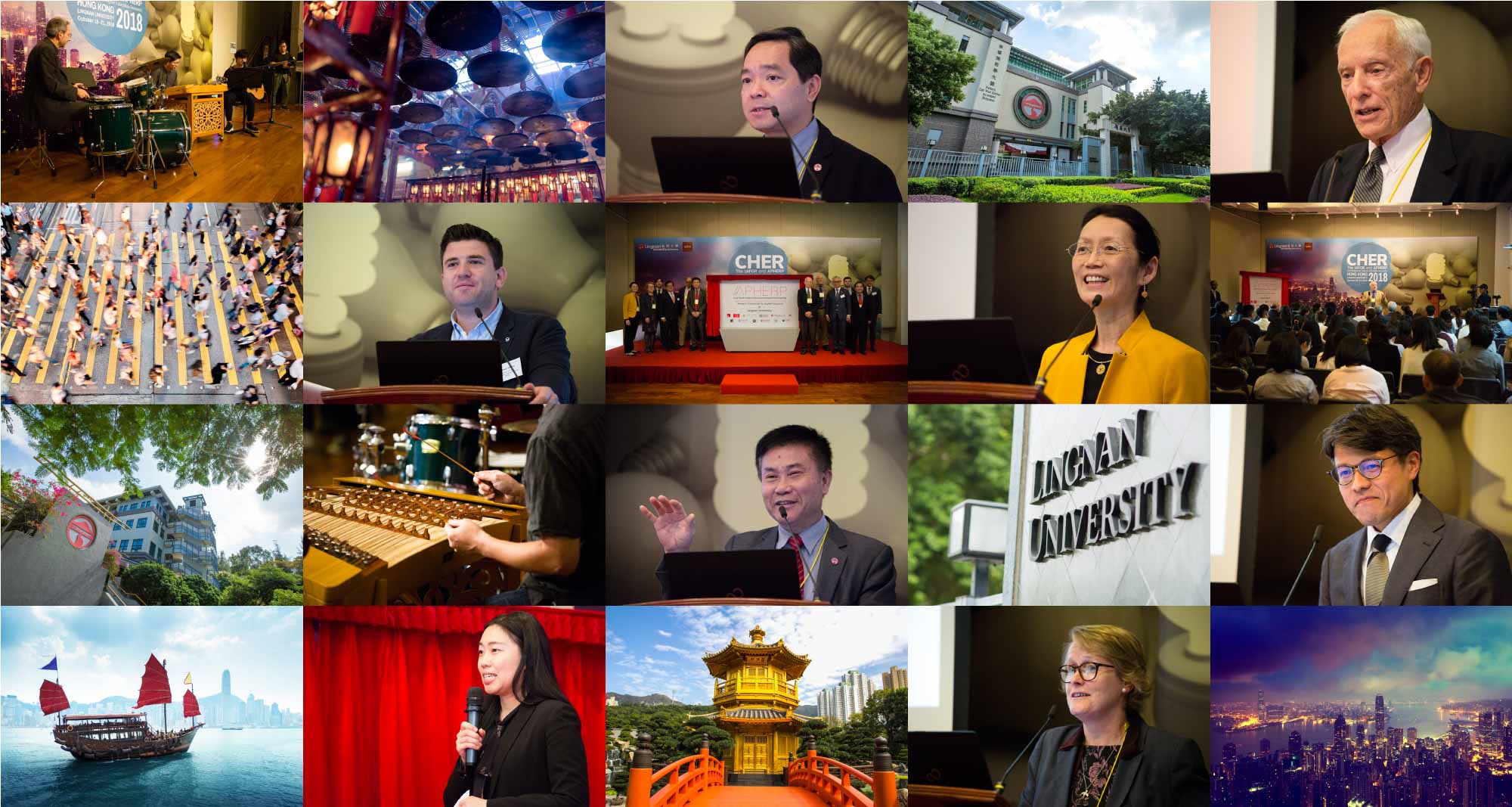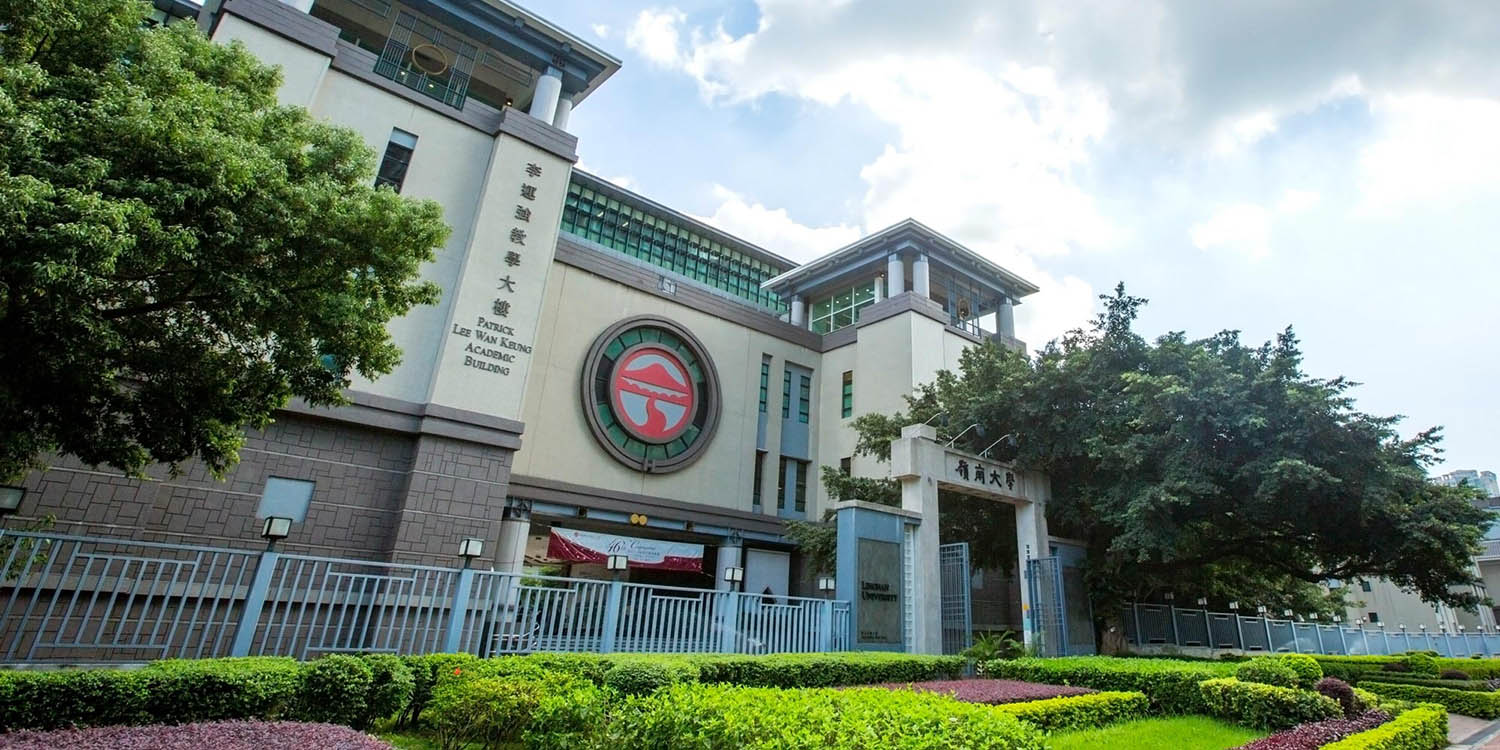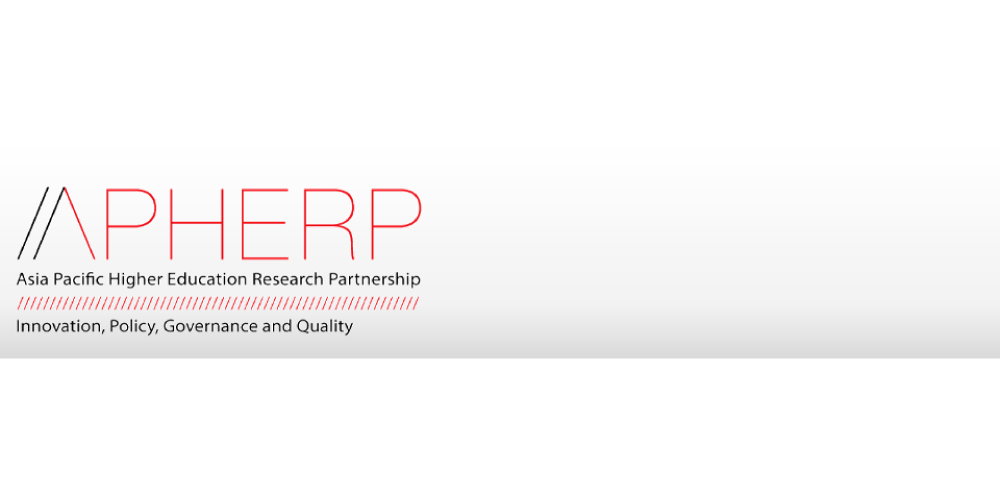
The IAFOR Conference for Higher Education Research – Hong Kong (CHER–HongKong)
About CHER–HongKong
Held at Lingnan University in Hong Kong, The IAFOR Conference for Higher Education Research – Hong Kong is a multidisciplinary conference co-organised by The International Academic Forum (IAFOR), Lingnan University (Hong Kong), the Asia Pacific Higher Education Research Partnership (APHERP), and in affiliation with the Centre for Global Higher Education (CGHE).
In recent years, governments in East Asia have called for a university-industry-business collaboration to support innovation and entrepreneurship. With the growing importance of technology advancement and its potential impact on social and economic changes, different strategies have been adopted to promote a smart city, innovation and entrepreneurship across different countries. The IAFOR Conference for Higher Education Research – Hong Kong (CHER-HongKong) sets out against the wider political economy context to examine how governments, universities, industries and businesses, and the community at large in Asia, work together to nurture innovation and entrepreneurship not only for reasons of economic growth, but also for social development and cultural enhancement.
The HKSAR Government has realised that innovation, information and technology, and entrepreneurship are important drivers for new economic growth. Thus, the HKSAR has proactively supported innovation and creativity for economic development and knowledge transfer activities. In order to capture the development opportunities given by the Big Bay Area in South China and the strategic development directions under the “Belt and Road Initiatives” rolled out by the Chinese Government, the HKSAR Government has actively called the university sector to engage with the industries and businesses, as well as the local, regional and international community to work together to promote innovation-centric entrepreneurship. The Conference organised in Hong Kong against the regional development context outlined above will provide stimulating conversations and dialogues for conference participants.
This conference offers the international platform for higher education researchers, senior university administrators, government officials, policy analysts, and professionals working across industries and education to explore new strategies/measures in support of innovation-centric entrepreneurship. Meanwhile, this conference also engages presenters and participants to examine policy, management and governance, ethical and value issues when promoting innovation, entrepreneurship and value.
About IAFOR’s Conferences on Education
The International Academic Forum (IAFOR) promotes and facilitates new multifaceted approaches to one of the core issues of our time, namely globalisation and its many forms of growth and expansion. Awareness of how it cuts across the world of education, and its subsequent impact on societies, institutions and individuals, is a driving force in educational policies and practices across the globe. IAFOR’s conferences on education have these issues at their core. The conferences present those taking part with three unique dimensions of experience, encouraging interdisciplinary discussion, facilitating heightened intercultural awareness and promoting international exchange. In short, IAFOR’s conferences on education are about change, transformation and social justice. As IAFOR’s previous conferences on education have shown, education has the power to transform and change whilst it is also continuously transformed and changed.
Globalised education systems are becoming increasing socially, ethnically and culturally diverse. However, education is often defined through discourses embedded in Western paradigms as globalised education systems become increasingly determined by dominant knowledge economies. Policies, practices and ideologies of education help define and determine ways in which social justice is perceived and acted out. What counts as "education" and as "knowledge" can appear uncontestable but is in fact both contestable and partial. Discourses of learning and teaching regulate and normalise gendered and classed, racialised and ethnicised understandings of what learning is and who counts as a learner.
In many educational settings and contexts throughout the world, there remains an assumption that teachers are the possessors of knowledge which is to be imparted to students, and that this happens in neutral, impartial and objective ways. However, learning is about making meaning, and learners can experience the same teaching in very different ways. Students (as well as teachers) are part of complex social, cultural, political, ideological and personal circumstances, and current experiences of learning will depend in part on previous ones, as well as on age, gender, social class, culture, ethnicity, varying abilities and more.
IAFOR has several annual conferences on education, exploring common themes in different ways to develop a shared research agenda that develops interdisciplinary discussion, heightens intercultural awareness and promotes international exchange.
The following speakers, among others, have presented their research at IAFOR's conferences on education.
Sue Jackson, Pro-Vice Master (Vice President) for Teaching and Learning at Birkbeck, University of London and IAFOR International Director of Programme for Education; Rosemary Deem, OBE, Vice Principal for Education and Dean of the Doctoral School at Royal Holloway, University of London; Eiko Otani, President of Osaka Jogakuin University and education and technology expert; Barbara Lockee, Associate Director of the School of Outreach at Virginia Tech; Frieda Mangunsong, University of Indonesia Professor; Vice Chancellor (President) Mary Stuart of Lincoln University; Svetlana Ter Minasova, Founding Dean and now President of Moscow State University’s School of Foreign Languages; Akito Arima, Former Japanese Minister of Education and President of Tokyo University; Mona Abo-Zena, early childhood development expert of Brown University.
Other IAFOR Conferences in Education

About Lingnan University, Hong Kong
Founded in Guangzhou in 1888 and re-established in Hong Kong in 1967, Lingnan has the longest history among all local tertiary institutions. Its vision is to be a leading Asian liberal arts university with international recognition, distinguished by outstanding teaching, learning, scholarship and community engagement. Lingnan is committed to providing quality whole-person education by combining the best of Chinese and Western liberal arts traditions; nurturing students to achieve all-round excellence and imbuing them with our core values; and encourage faculty and students to contribute to society through original research and knowledge transfer.
On the auspicious occasion of celebrating its golden jubilee, Lingnan has achieved a leap in ranking that puts it in the top 100 Asian universities in the Quacquarelli Symonds (QS) Asia University Rankings 2018. In 2015, Lingnan University was also named as one of the top 10 liberal arts college in Asia by Forbes. Lingnan is dedicated to building an international campus and actively establishing strategic collaborations with prominent universities worldwide.

About the Asia Pacific Higher Education Research Partnership (APHERP)
The Asia Pacific Higher Education Research Partnership (APHERP) is the Research Consortium co-launched by Lingnan University together with University College London’s (UCL) Institute of Education’s Centre for Global Higher Education in the UK, King’s College London’s Department of International Development, and the University of Bath’s International Centre for Higher Education Management in the UK. APHERP is also supported by leading institutions in Asia: Peking University, Tsinghua University, Zhejiang University and South China University of Technology in China, Hiroshima University in Japan, and National Chung Cheng University in Taiwan.
Ways to Get Involved
IAFOR depends on the assistance of a large number of international academics and practitioners who contribute in a variety of ways to our shared mission of promoting international exchange, facilitating intercultural awareness, encouraging interdisciplinary discussion and generating and sharing new knowledge. We are grateful for the time, effort and expertise donated by all our volunteer contributors.
Here are some of the ways you can get involved:
If you have any questions, or if you would like to suggest additional ways in which you could contribute to IAFOR’s interdisciplinary activities, please feel free to email [email protected].
